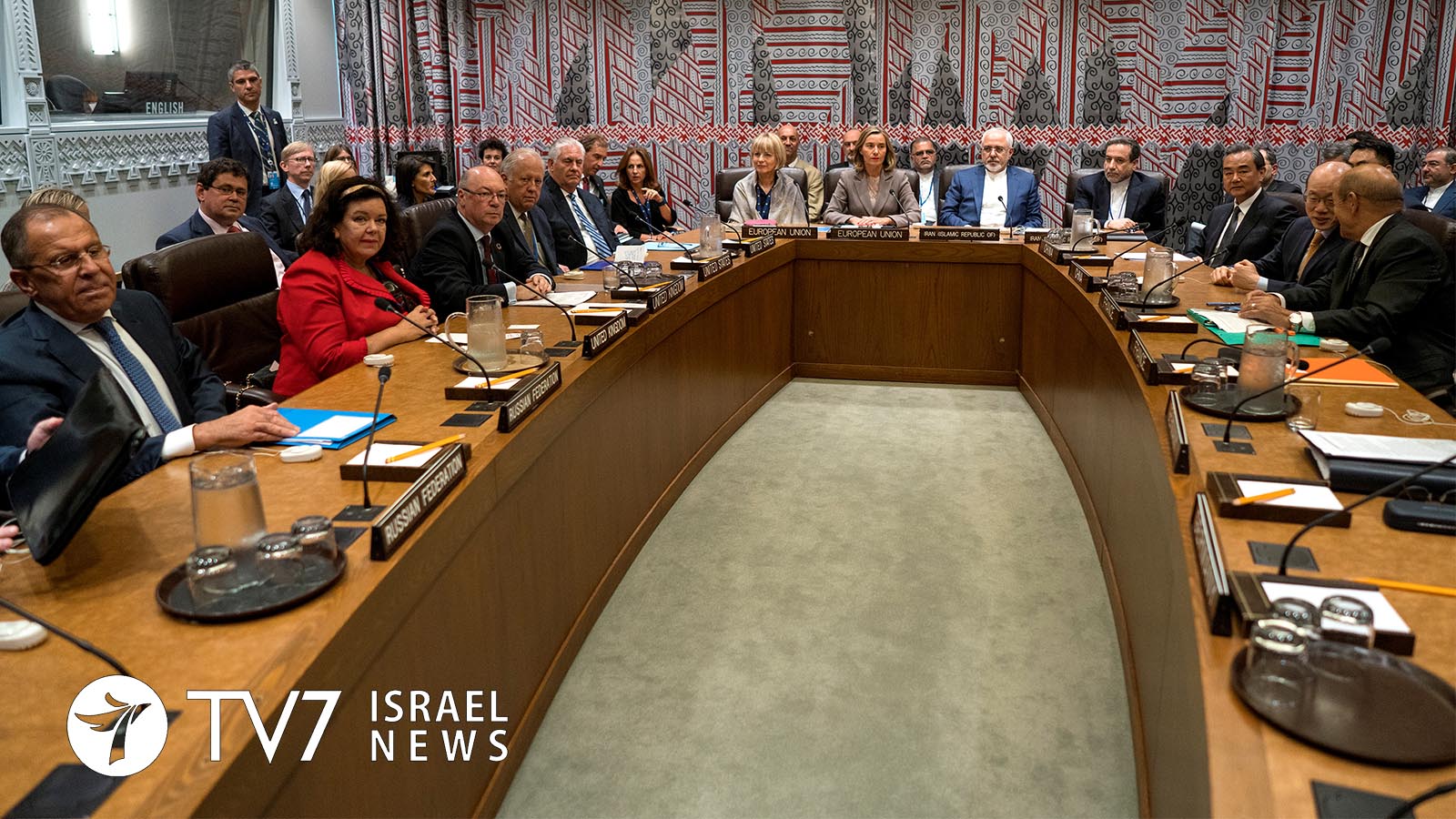The remaining parties to the nuclear agreement with Iran held a meeting on the sidelines of the U.N. General Assembly, after which they announced their commitment to keep working on maintaining trade with the Islamic Republic. In a statement after the meeting, which included Britain, China, France, Germany, Russia and Iran, EU Foreign Policy Chief Federica Mogherini said on behalf of the group of nations that they were determined to develop payment mechanisms to continue trade with Iran despite skepticism by many diplomats that this will be possible. Mogherini stated that “The participants welcomed practical proposals to maintain and develop payment channels, notably the initiative to establish a special purpose vehicle to facilitate payments related to Iran’s exports including oil and imports which will assist and reassure economic operators who are suing legitimate business with Iran.” Several European diplomats revealed that the plan was to create a barter system, similar to one used by the Soviet Union during the Cold War, to exchange Iranian oil for European goods without money changing hands. The idea aims at circumventing U.S. sanctions, scheduled to be restored on the 4th of November, under which Washington can cut off any bank that facilitates an oil transaction with the Islamic Republic from the U.S. financial system. According to the European Union’s top diplomat, the decision to set up such a mechanism had already been made and that technical experts are expected to meet, in order to hammer out the details. Nevertheless, many diplomats and analysts mocked the European measure, arguing that the mechanism could easily be thwarted by the United States, through amending its sanctions and applying laws to prohibit such barter transactions.
